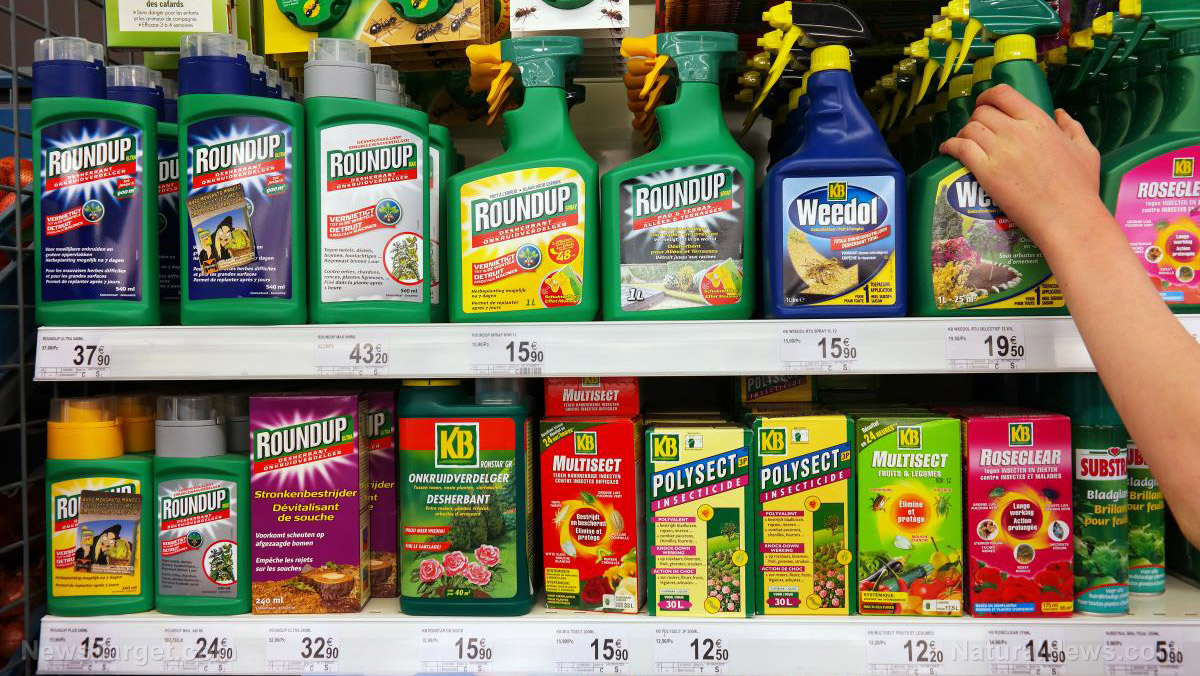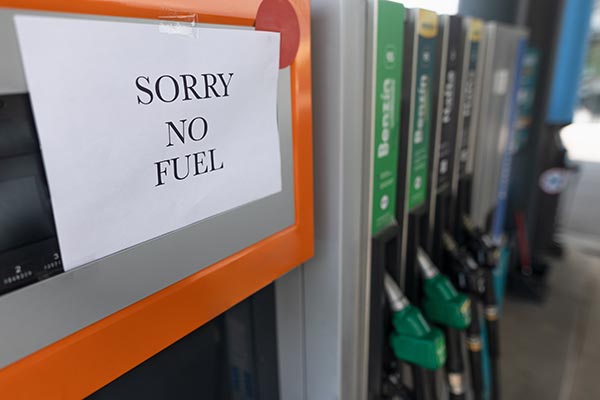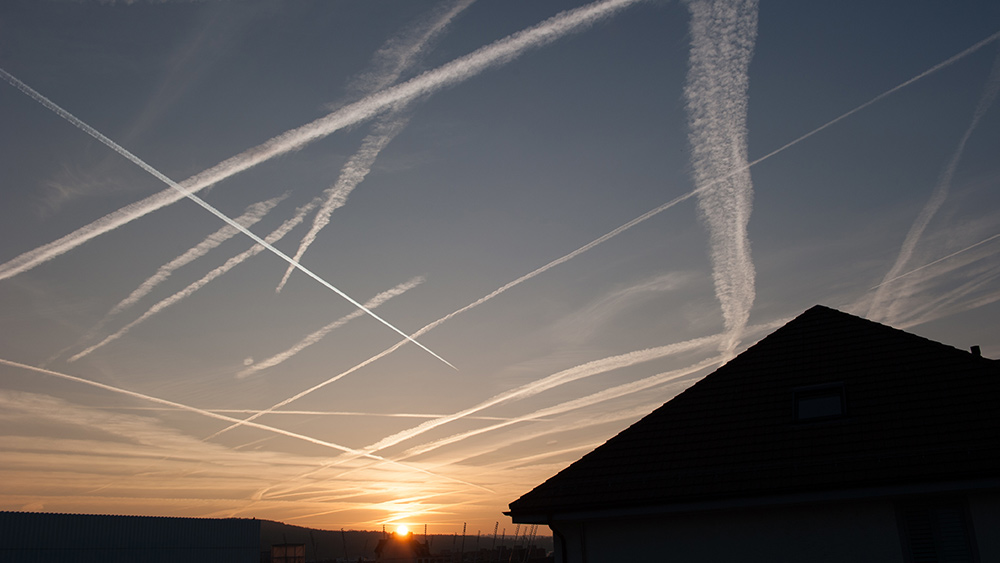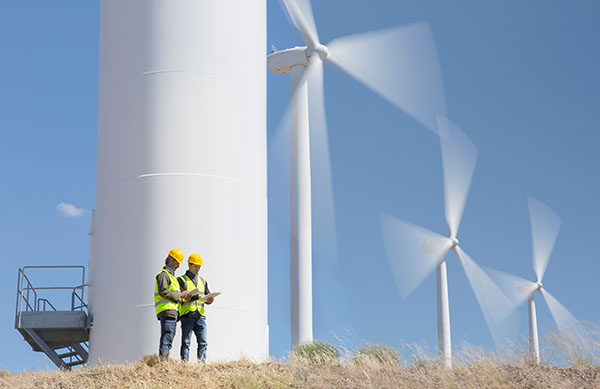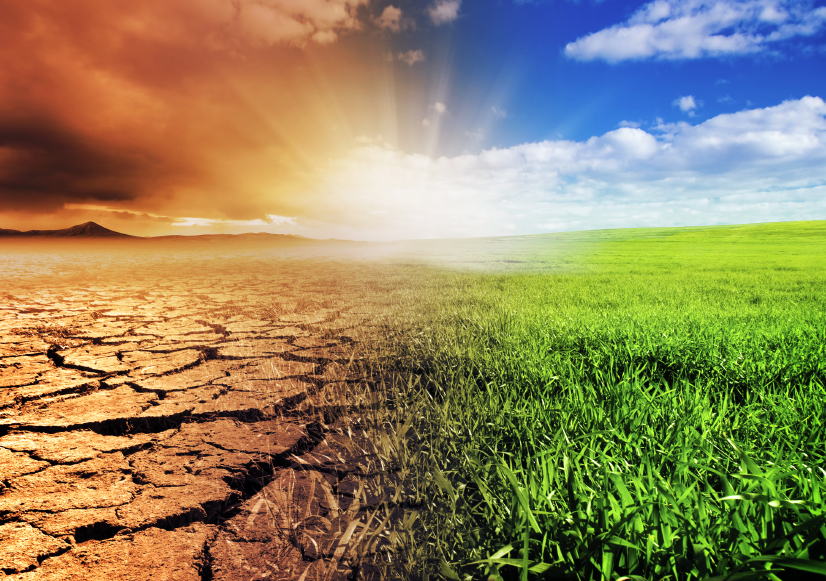Netherlands to shut down Europe’s largest gas field even as energy crisis worsens
01/26/2023 / By JD Heyes
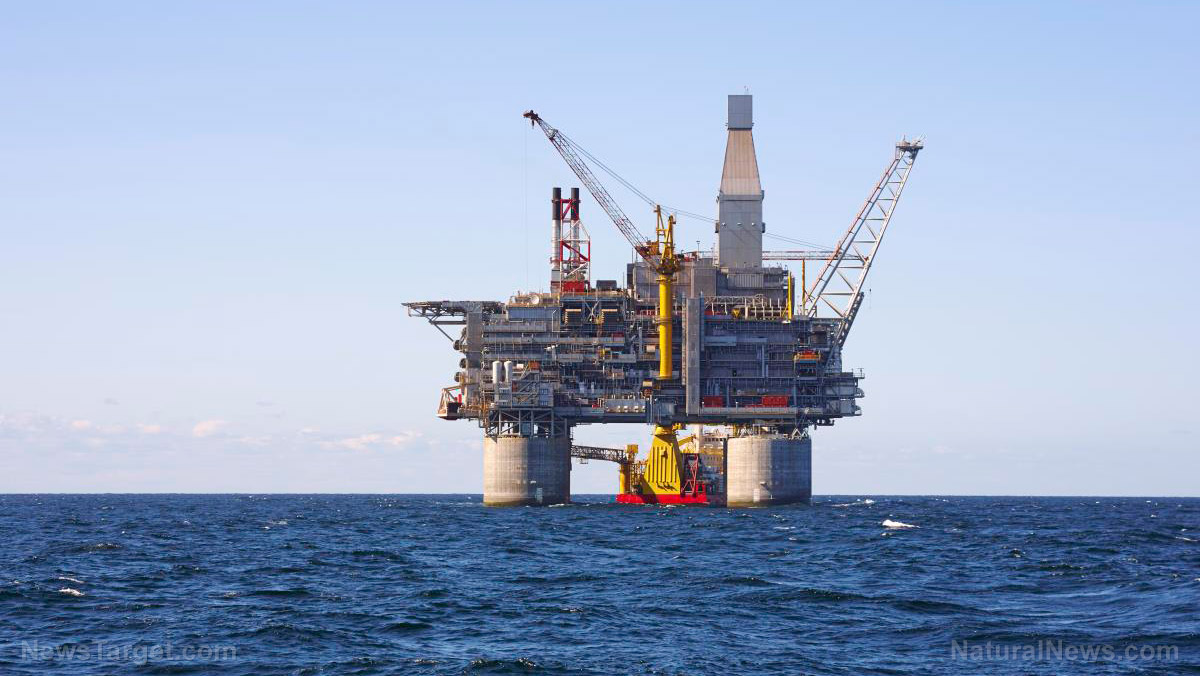
Europe has not been this short on energy supplies for decades, but thanks to a series of self-inflicted, politically motivated decisions, the continent is now on the brink of total economic collapse for want of more energy.
For years, European countries driven by insane left-wing ‘climate change’ ideology have been steadily shuttering power generation centers run by fossil fuels and replacing them with far less efficient and wholly unreliable “green” energy alternatives. Wind and solar farms may assuage liberal consciences, but they do not produce enough power by themselves to replace coal- and natural gas-fired plants, to say nothing of zero-emission nuclear power plants.
But it’s not that Europeans were using a lot fewer fossil fuels for energy. Instead, European countries were buying much of it from Russia, thinking that as long as they weren’t producing it and someone else was, then they could claim how they were ‘taking care of the planet’ when, of course, it was all just a sick left-wing charade.
After Russia invaded Ukraine and the United States demanded that its European allies impose energy sanctions on Russia, Vladimir Putin no longer supplied Europeans with the natural gas they need to heat their homes and power their economies. Mind you, Putin is still selling energy — mostly to China and India — so he hasn’t been hurt too badly. Europe is a different story, however.
And now, the continent’s ability to supply itself with enough fossil fuel energy to sustain itself is about to take another self-inflicted hit, as reported this week by OilPrice.com:
The Dutch government plans to close the Groningen gas field this year despite Europe’s precarious supply position. Groningen is the largest gas field in Europe. The field is dangerous, a government official from the Hague told the Financial Times, and the government has no plans to boost production from it.
Production from Groningen has been curtailed substantially, and there were plans in place to phase out production altogether because of increased seismic activity in the vicinity of the field even before the energy crisis began in 2021. As gas prices began to climb in the autumn of 2021 and then took off in the spring of 2022, some began speculating that the Netherlands could keep the field operating to contribute to filling the gap in gas supply left by Russian pipeline deliveries.
“We won’t open up more because of the safety issues,” Hans Vijbrief told the Financial Times. “It is politically totally unviable. But apart from that, I’m not going to do it because it means that you increase the chances of earthquakes, which I don’t want to be responsible for.”
“It’s very, very simple: everybody who has some knowledge of earthquake danger tells me that it’s really very dangerous to keep on producing there. I’m quite convinced it’s wise to close it down,” Vijbrief added.
Production from the Groningen site has been cut back significantly, and there were already plans in place to shut it down altogether due to seismic activity in the region of the field ahead of the energy crisis that worsened last year.
“As gas prices began to climb in the autumn of 2021 and then took off in the spring of 2022, some began speculating that the Netherlands could keep the field operating to contribute to filling the gap in gas supply left by Russian pipeline deliveries,” OilPrice.com reported.
Apparently, that’s not going to happen. According to the FT, there have been around 100 quakes in the vicinity of the Groningen field since the 1980s, resulting in around 150,000 claims for property damage.
So, rather than find a new field, the Dutch have decided just to shut down Groningen and, perhaps, keep their fingers crossed and hope for the best that someone will be able to step in and provide more “politically viable” energy.
Sources include:
Submit a correction >>
Tagged Under:
Collapse, dutch, energy crisis, fuel supply, gas field, green energy scam, Groningen, natural gas, Netherlands, new energy report, Russia, seismic activity, shutdown, Ukraine, United States
This article may contain statements that reflect the opinion of the author
RECENT NEWS & ARTICLES
COPYRIGHT © 2017 ENVIRON NEWS


